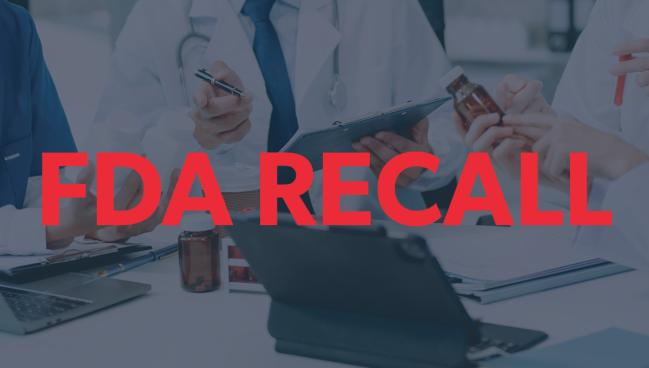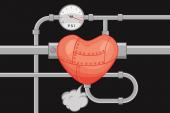HeartMate 3 Recalled for Risk of Blood Leaks or Air in System
Initiated by Abbott/Thoratec and deemed Class I by the FDA, the recall is in response to reports of 70 injuries and two deaths.

Hundreds of HeartMate 3 left ventricular assist device (LVAD) systems are being recalled due to reports of blood leakage or air entering the seal interface between the device inflow cannula and the apical cuff, that has led to several deaths. It has been classified by the US Food and Drug Administration as a Class I recall, the most serious type.
The newer-generation HeartMate 3 is used for support in adults and children with severe left ventricular heart failure. Abbott/Thoratec Corporation is recalling 882 of the devices following the reports. In all 81 cases, the blood leaks and introduction of air occurred while the devices were being implanted, according to the FDA. Injuries were reported in 70 cases and death in two cases.
“Blood leakage or air entering the LVAD from this location will impact the integrity of the blood flow and may lead to longer than expected surgery, bleeding (hemorrhage), right heart failure, or air embolism,” the agency noted.
The recall notice states that if blood leakage or introduction of air is suspected or observed, the air must be completely evacuated from the device blood chamber prior to initiating LVAD support. Further, bleeding should be assessed, and hemostasis should be properly managed before closing all wounds. Conventional strategies for resolving air leaks or bleeding include: adjusting the pump position, waiting for the natural tendency of blood to coagulate or upon reversal of anticoagulation, adding surgical materials, and exchanging the apical cuff, the pump, or both.
“Always have a complete backup system (implant kit and external components) available on-site and in close proximity during the implantation procedure for use in the event of an emergency,” Abbott/Thoratec advised in an Urgent Medical Device Correction Notification letter issued on March 20, 2024.
L.A. McKeown is a Senior Medical Journalist for TCTMD, the Section Editor of CV Team Forum, and Senior Medical…
Read Full BioSources
US Food and Drug Administration. Abbott recalls HeartMate 3 left ventricular assist system (LVAS) implant kit for risk of blood leakage or air entering system between inflow cannula and apical cuff. Posted and accessed on: May 15, 2024.





Comments